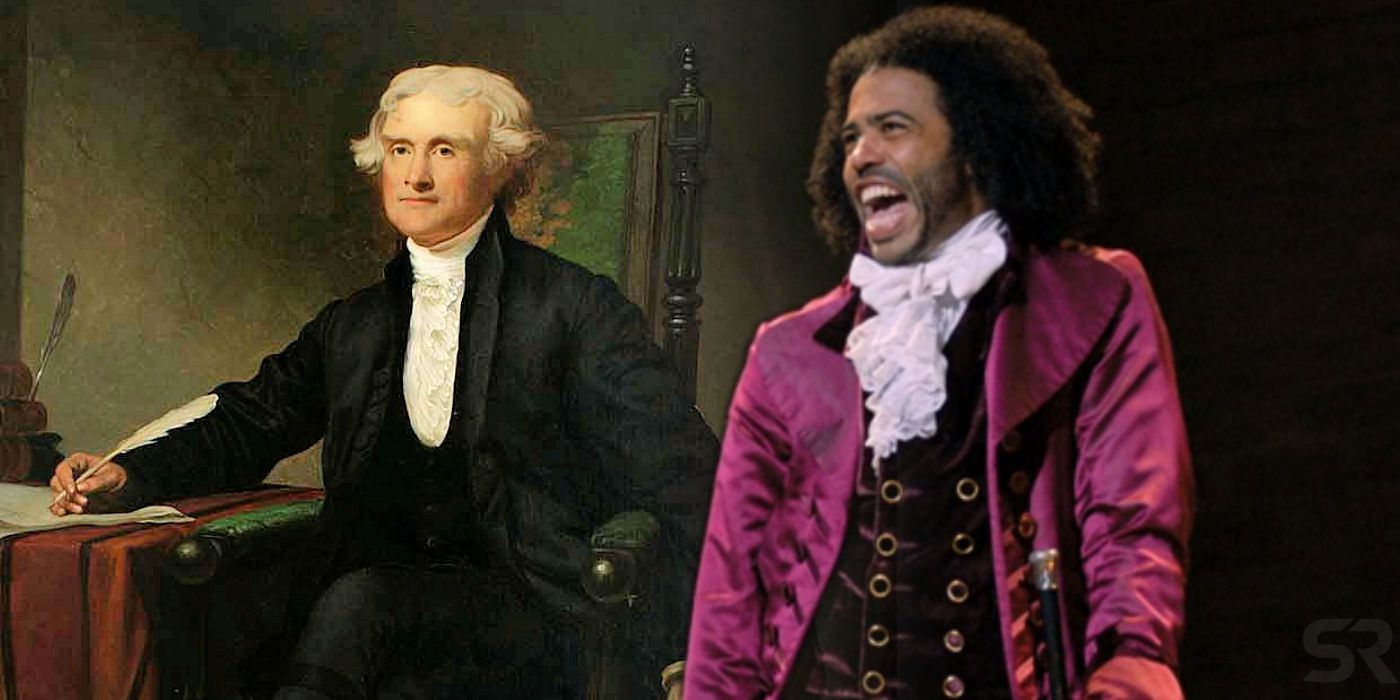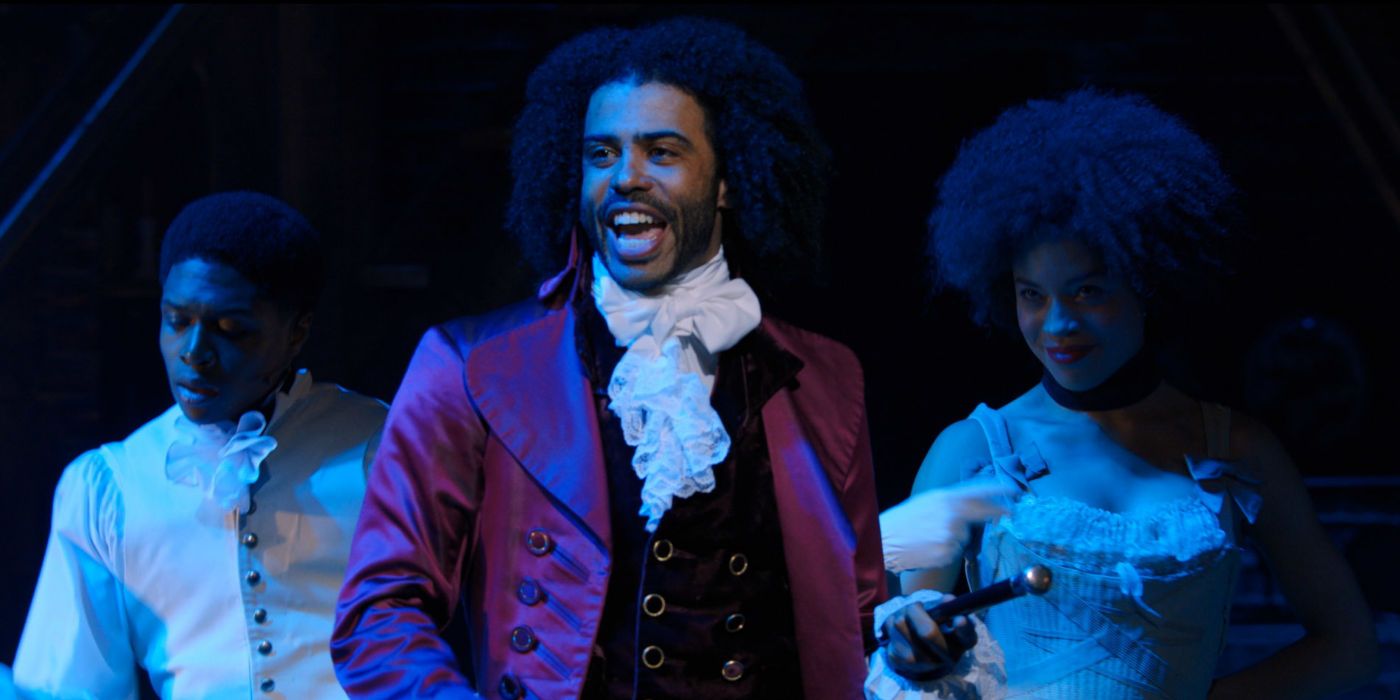Thomas Jefferson's life and career after Alexander Hamilton's death aren't explored in the Hamilton musical (or Disney+ movie), so here's what you need to know about what happened to the famed Founding Father. Serving as one of Virginia's delegates to the Second Continental Congress, Jefferson ultimately became one of the primary proponents for secession from Great Britain. His position on the matter, in addition to being an unmatched wordsmith, led to him drafting the Declaration of Independence. And that is when his true political career began.
During the American Revolutionary War, Thomas Jefferson became the second Governor of Virginia (once the colony had been declared a state) from 1779 to 1781, then represented his state at the Congress of the Confederation - a precursor to the United States Congress, before there was a bicameral legislature - from 1783 to 1784. In the following years, Jefferson continued to help build the new nation, spending quite some time in France as America's minister, only returning to the US in 1790. It was at that time that Jefferson accepted George Washington's invitation to become the first Secretary of State.
From 1790 to 1801, Jefferson worked in the executive branch in some capacity, first as Secretary of State and then later as Vice President in John Adams' administration. When Adams opted out of seeking reelection, Jefferson became the third President of the United States, in large part due to Hamilton's endorsement of him instead of Aaron Burr. Jefferson served two terms, ending his tenure in 1809. During his presidency, he notably oversaw the Louisiana Purchase, ordered the Lewis and Clark Expedition, and signed into law the Act Prohibiting Importation of Slaves - a crucial step leading to the abolition of slavery decades later.
Of course, Thomas Jefferson's life after the presidency is what the Hamilton musical doesn't show. Choosing to finally retire from politics, Jefferson founded the University of Virginia, a dream he had even before the war began. He wanted to establish an institution for higher learning, one that thrived under secularism and would encourage people from other states to attend - and in both regards, he succeeded. It was a great personal achievement for him, so much so that when Lafayette briefly returned to the United States in 1824, he named Jefferson the Father of the University of Virginia during the college's first banquet. Jefferson is still recognized by that title to this day.
In the later years of his life, and around the time the University of Virginia was being established, Jefferson and Adams began a correspondence which lasted for over a decade and consisted in total of 158 letters - which have become essential for historians studying the United States' early history - detailing their political rivalry, respective choices as presidents, and of course, the revolution itself. They were close friends during the revolution and staunch rivals in the years after - and that continued until the very end.
At the time of his death, Thomas Jefferson was 83 years old and one of only two remaining Founding Fathers alive; the other being his friend, John Adams. And what amounts to an extraordinary coincidence, Jefferson died on July 4, 1826 - the 50th anniversary of Independence Day - around noon. Mere hours later, Adams also passed away at age 90. Because it was the early 19th century and news traveled slow, Adams didn't know Jefferson had passed away. So, in keeping with their rivalry, his final words were, "Thomas Jefferson survives."


